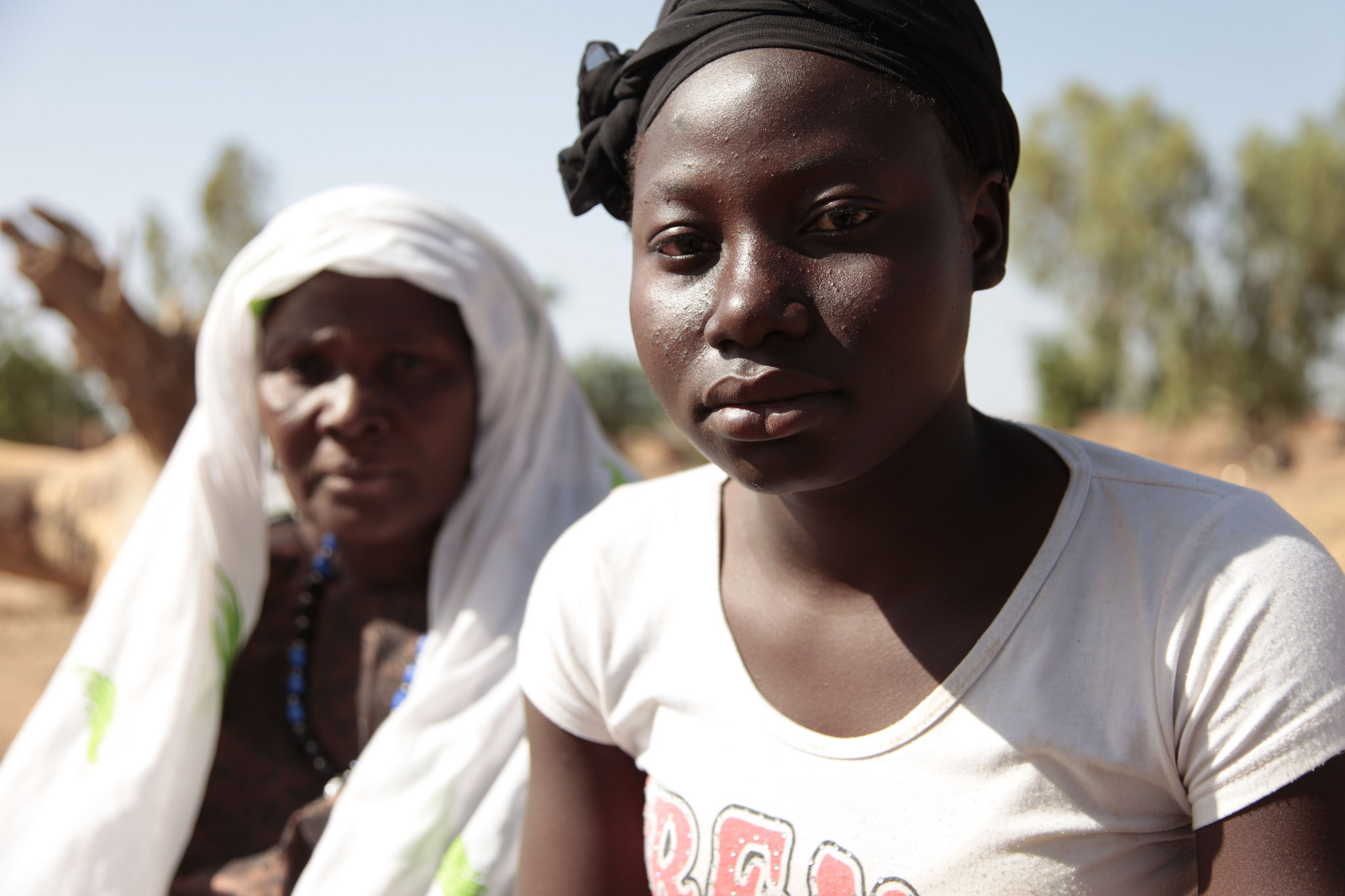Human Rights International
Côte d’Ivoire – stop genital mutilation!
Female genital mutilation/cutting (FGM/C), often referred to by the euphemism “female circumcision”, haunts many of those affected for the rest of their lives. The procedure is often carried out for traditional or religious reasons and causes physical pain as well as psychological scarring. FGM/C denotes all non-medical practices that include the total or partial removal of or injury to the outer female genitalia. This is a severe abuse of the human right to physical and mentalintegrity. FGM/C is often performed in early childhood and is thus also an abuse of the Convention on the Rights of the Child. It is estimated that worldwide, 200m women and girls are affected by FGM/C. Although its prevalence and acceptance have declined in many affected countries in the past 30 years, there are still numerous reasons, many of them socio-cultural, why FGM/C is a persistentand complex human rights problem, especially on the African continent.
The Friedrich Naumann Foundation is vehemently opposed to these human rights abuses. In Côte d’Ivoire, for example, it supports the Djigui Foundation, which fights FGM/C through countrywide awareness campaigns. The country has made significant progress in the past few years. However, Sibiri Coulibaly, chairman of the Djigui Foundation, points out that “36.7% of women and girls living in Côte d’Ivoire are living with FGM/C. But there are regions where the percentage is still as high as 73 – 79%. This is especially the case in the north and north-east of the country.”As to why it is so difficult to eradicate FGM/C practices despite public and legal condemnation,
Coulibaly says, “Stigmatisation is a big problem. If somebody refuses FGM/C, they lose their social status. Both the mother and her daughter are ostracised by the community.”
